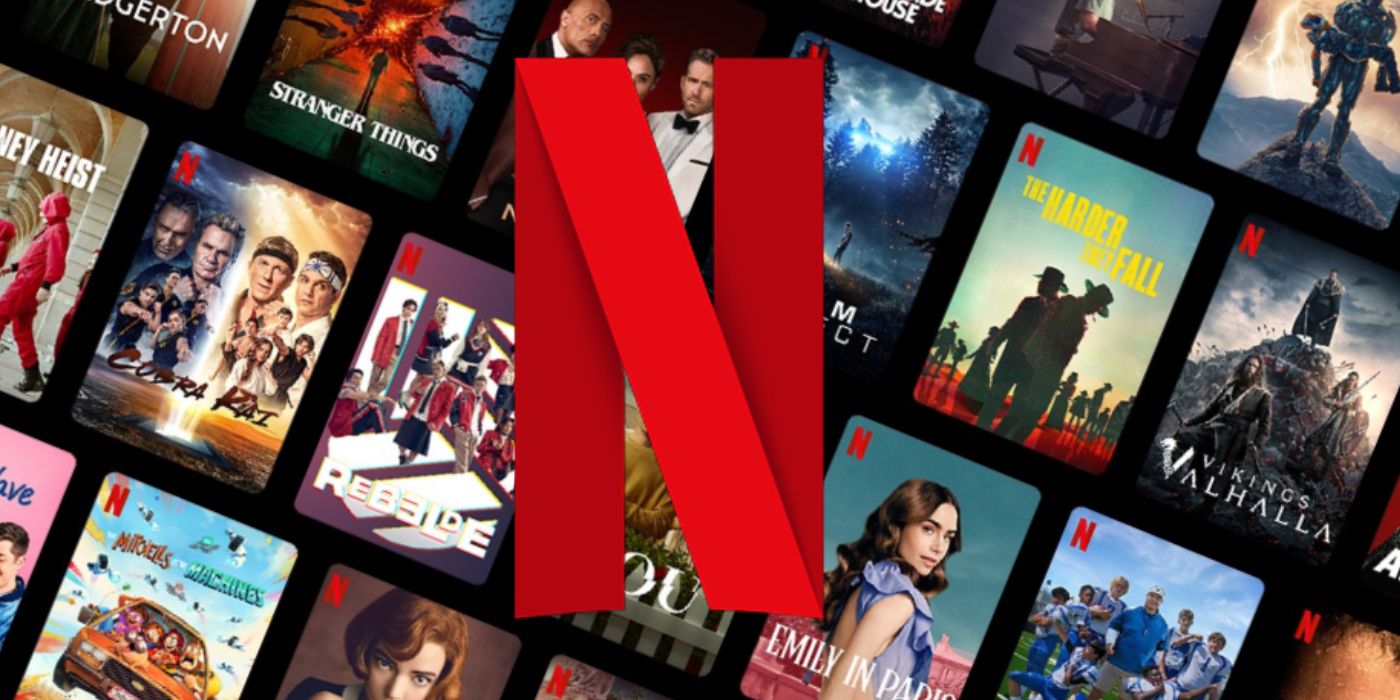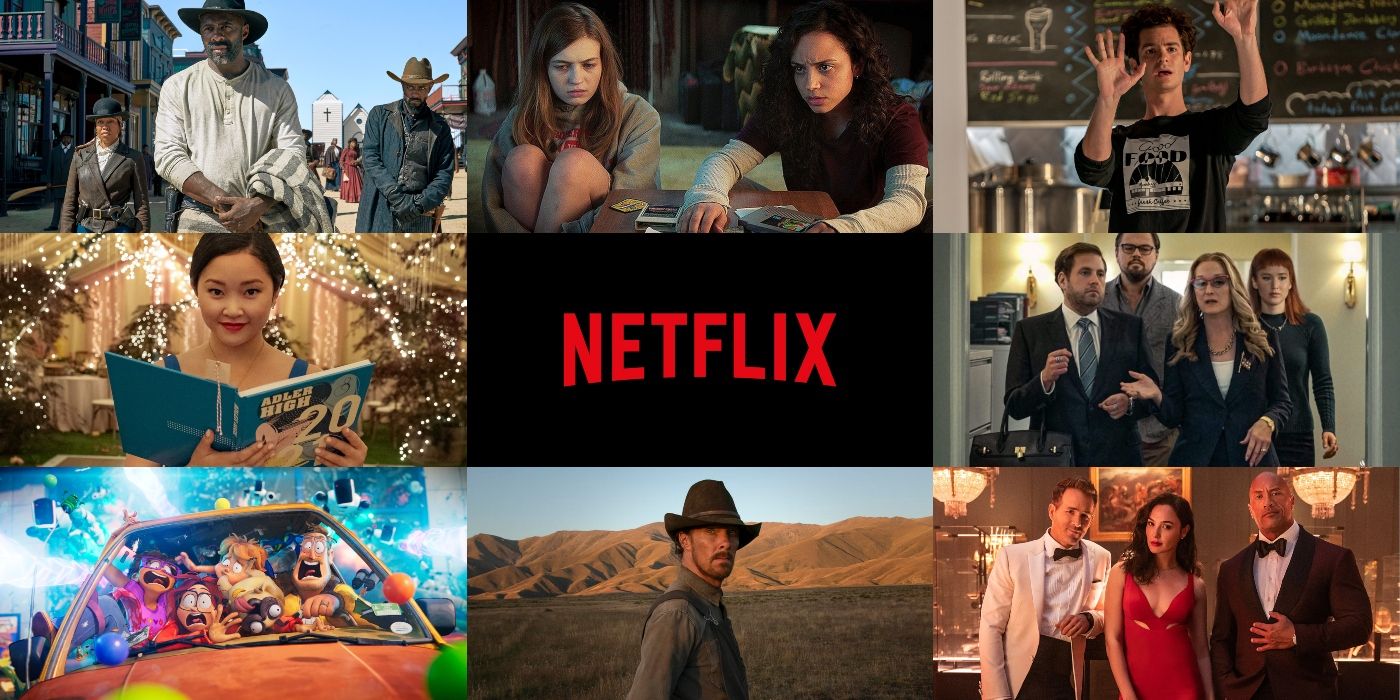
Netflix seemingly tells its employees to quit if they are offended by content. Founded in 1997, Netflix has transformed from a simple mail-order DVD service to the premiere standard of streaming, as the company revolutionized the industry. Many others have raced to catch up with it as Disney+, HBO Max, Peacock, Paramount+, and more have been created to take a part of the streaming pie.
The streaming juggernaut has been all over the news for the past month, but not for good reasons. Netflix saw its first decrease in subscribers in ten years, and the cascade of press from that forced them to cut back and cancel a large number of programs. Netflix blamed it on password sharing, which it intends to crack down on, but after a series of massively over budget misfires like the $200 million season of Jupiter’s Legacy, which was canceled after one season, or the massive output of one original film per week, Netflix has been building debt for years. Now, more bad news is coming for the streaming service, this time for its employees.
According to Variety, the company has released an internal memo informing its employees if they do not like the material Netflix produces, it may not be the best working environment for them, implying the employee should quit. This new memo includes a new section called “Artistic Expression,” which declares the streamer will not “censor specific artists or voices.” It ends by saying employees’ personal values of what they individual deem harmful will not be taken into consideration. While Netflix maintains that it won’t censor content on the platform, the company does comply with government censorship laws around the world from countries the Philippines, Russia, Turkey, Singapore, and Vietnam. Read the section below:
“Not everyone will like — or agree with — everything on our service. While every title is different, we approach them based on the same set of principles: we support the artistic expression of the creators we choose to work with; we program for a diversity of audiences and tastes; and we let viewers decide what’s appropriate for them, versus having Netflix censor specific artists or voices. As employees we support the principle that Netflix offers a diversity of stories, even if we find some titles counter to our own personal values. Depending on your role, you may need to work on titles you perceive to be harmful. If you’d find it hard to support our content breadth, Netflix may not be the best place for you.”

The memo could be a direct response to the walkout by trans employees and others at Netflix in October 2021 in response to Dave Chappelle’s controversial special, Closer, which drew immediate backlash by many for transphobic comments and jokes made during the special. While Netflix CEO Ted Sarandos refused to take the special down citing creative freedom, he later admitted to regretting his response to employees over the backlash. However, it appears that Sorentos is doubling down on his position despite what may be best for the company.
This makes for an interesting contrast with Disney’s response to the ‘Don’t Say Gay’ Bill in Flordia. Originally the company’s CEO Bob Chapek refused to take a stance on the issue and then released a memo citing the company’s creative output as the real contribution, which many called out. Pushback from employees across Disney’s various platforms caused Disney to reassess its stance and finally speak out against the bill. The poor handling of the situation has led some Disney executives to want Bob Chapek removed from the company, but it at least shows Disney is willing to listen to its employees to create a safe working environment, whereas Netflix seems to stubbornly stick to a self-imposed rule it has created on its own. While Netflix was the top streamer for years, with its decrease in subscribers, it may no longer be the undisputed king, and with memos like this, it will certainly gain a more negative reputation than it already has.
Next: Netflix’s Kill Problem Isn’t Content, It’s Marketing
Source: Variety
This content was originally published here.



Comments are closed.